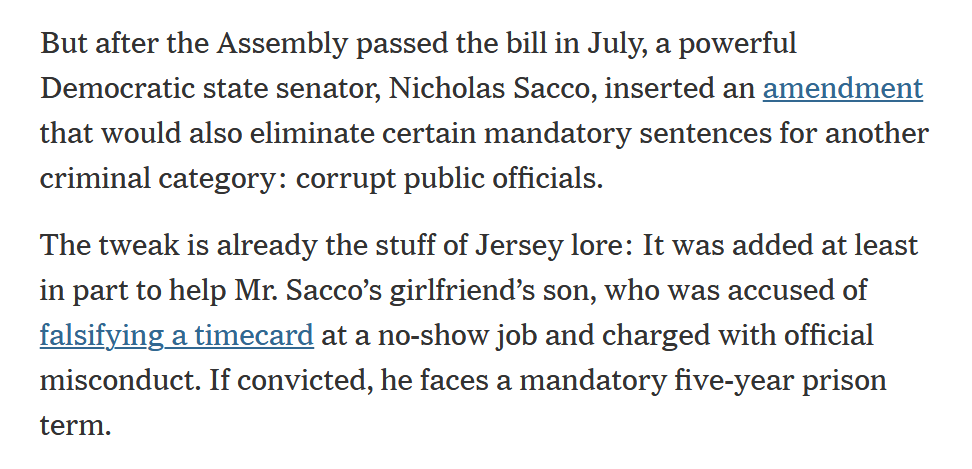
I was very glad to see so many GOP officials condemn the violence and damage caused when Pres Trump's supporters stormed the Capitol.
But I am troubled to see how many continue to either equivocate about--or even explicitly support--false claims of election fraud.
But I am troubled to see how many continue to either equivocate about--or even explicitly support--false claims of election fraud.
If Republicans want to push for legislation that would make it more difficult to vote, they are free to do so in Congress and statehouses.
But they need to clearly and forcefully denounce false claims that Joe Biden won the presidency because of fraud.
But they need to clearly and forcefully denounce false claims that Joe Biden won the presidency because of fraud.
The only reason that Pres Trump was able to rally his supporters and tell them to march to the Capitol on Wednesday was because the GOP failed to denounce his false claims about a stolen election.
Many members of Congress supported his claims even after the Capitol was stormed.
Many members of Congress supported his claims even after the Capitol was stormed.
To watch some of these officials now say that Congress cannot impeach the president because it would be "too divisive" is a complete outrage.
You know what's divisive? Telling people that an election was stolen and that their candidate should have won!
You know what's divisive? Telling people that an election was stolen and that their candidate should have won!
Any calls for healing and unity from the GOP need to be accompanied by a clear and unambiguous statement that Donald Trump lost the 2020 election fair and square. It can't be muddied by statements about what isn't known or the need for more election integrity measures.
There are tens of millions of people out there who believe the President's lies about this election.
Wednesday proved that some of them are actually dangerous.
There can be no unity and no moving forward until and unless the rest of the GOP rejects those lies.
Wednesday proved that some of them are actually dangerous.
There can be no unity and no moving forward until and unless the rest of the GOP rejects those lies.
• • •
Missing some Tweet in this thread? You can try to
force a refresh



